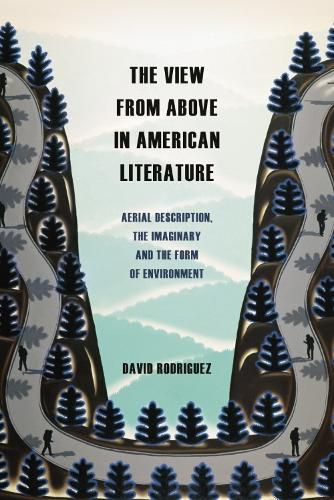Readings Newsletter
Become a Readings Member to make your shopping experience even easier.
Sign in or sign up for free!
You’re not far away from qualifying for FREE standard shipping within Australia
You’ve qualified for FREE standard shipping within Australia
The cart is loading…






Readers encounter the environment through literature in ways not available to everyday perception. This is especially clear when a text integrates the grand vistas of what is known as the bird's-eye view. In this welcome contribution to the contemporary theoretical discussion about storied environments and non-human perceptions, David Rodriguez presents an original interpretation of the aesthetics of the view from above. Focusing on fiction by twentieth-century American writers including Willa Cather, Paul Bowles and Don DeLillo, Rodriguez skilfully combines ecocriticism, narrative theory and phenomenological approaches to literature to develop the term 'form of environment'. This theory of literary fiction foregrounds the environment not as setting or historical context, but as an equal agent with the human figures and scales that are normally the focus of literary analysis.
$9.00 standard shipping within Australia
FREE standard shipping within Australia for orders over $100.00
Express & International shipping calculated at checkout
Readers encounter the environment through literature in ways not available to everyday perception. This is especially clear when a text integrates the grand vistas of what is known as the bird's-eye view. In this welcome contribution to the contemporary theoretical discussion about storied environments and non-human perceptions, David Rodriguez presents an original interpretation of the aesthetics of the view from above. Focusing on fiction by twentieth-century American writers including Willa Cather, Paul Bowles and Don DeLillo, Rodriguez skilfully combines ecocriticism, narrative theory and phenomenological approaches to literature to develop the term 'form of environment'. This theory of literary fiction foregrounds the environment not as setting or historical context, but as an equal agent with the human figures and scales that are normally the focus of literary analysis.